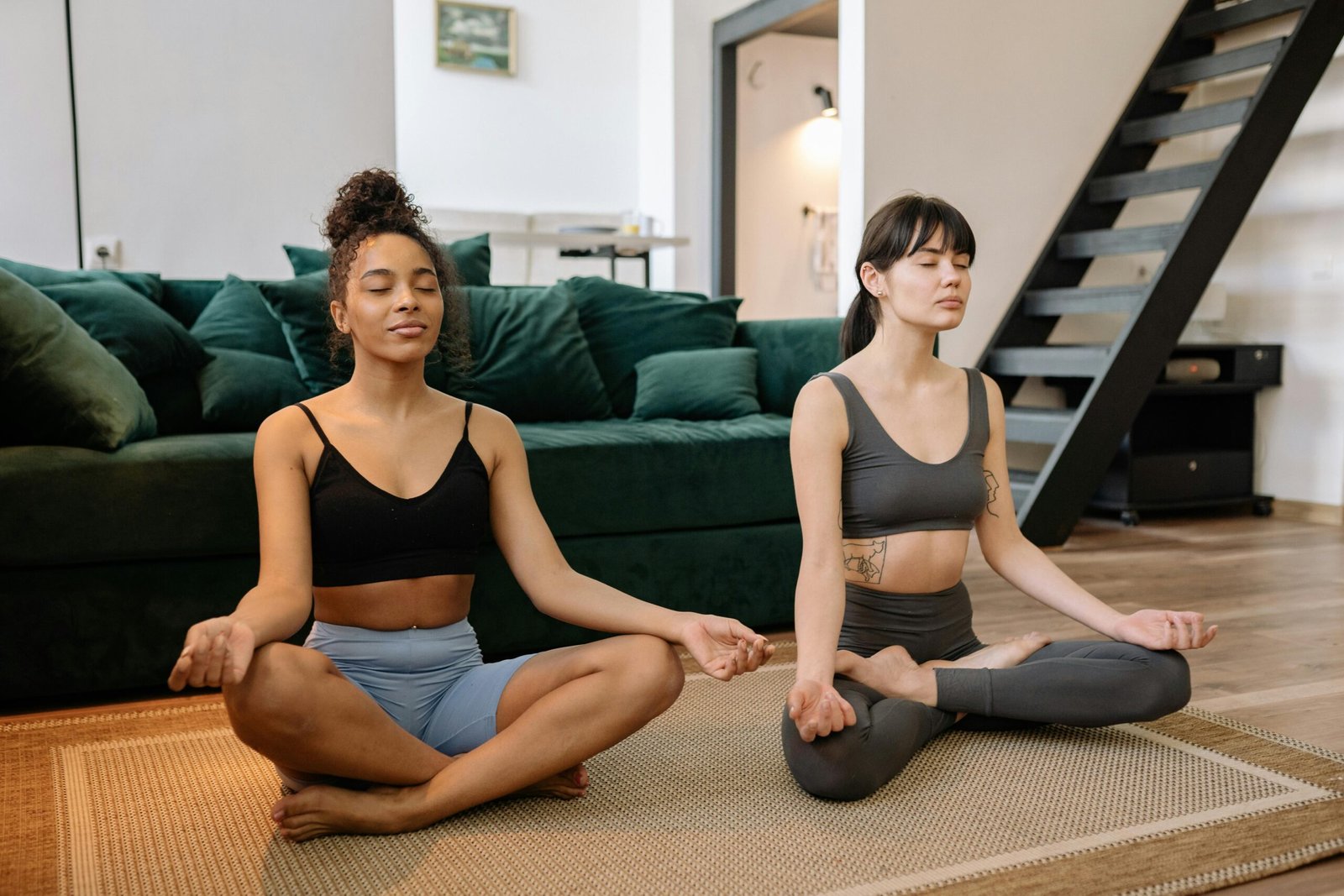Method of Relaxation with Breathing: Powerful Stress Relief Tips
Sometimes the best way to slow down is simply to breathe.
In our fast-paced world, stress builds up quickly. But with the right approach, you can train your body and mind to calm down—naturally. One of the most effective techniques is the method of relaxation with breathing.
Let’s dive into the science and simplicity behind it, and how you can make it a natural part of your wellness routine.
What is the Method of Relaxation with Breathing?
The method of relaxation with breathing refers to the conscious control of your breath to influence your emotional, mental, and physical state. By slowing and deepening your breath, you activate the parasympathetic nervous system—also called the rest and digest mode. This reduces heart rate, lowers blood pressure, and calms your stress response.
Breath is one of the few automatic functions in the body that you can consciously control. That means it’s also one of the most powerful tools for self-regulation.
Best BreatTop Breathing Techniques to Reduce Stresshing Techniques for Relaxation
1. Diaphragmatic (Belly) Breathing
This technique focuses on expanding the belly as you breathe in, helping you take deeper breaths and get more oxygen.
- How to do it:
Place one hand on your chest and one on your belly. Breathe in through your nose for 4 seconds, letting your belly rise. Exhale through your mouth slowly. Do 5–10 rounds.
2. Box Breathing (Used by Navy SEALs)
- How to do it:
Inhale 4 sec → Hold 4 sec → Exhale 4 sec → Hold 4 sec.
Repeat for 2–4 minutes to feel grounded and calm.
3. 4-7-8 Breathing (Great for Sleep)
How to do it:
Inhale 4 sec → Hold 7 sec → Exhale 8 sec.
Repeat 4–6 times to reduce anxiety or fall asleep faster.
How to Make Breathing Part of Your Daily Routine
You don’t need 30-minute sessions. In just a few minutes per day, you can see massive benefits.
- Morning: Start your day with 2 minutes of belly breathing before your coffee.
- Midday: Use box breathing before calls or meetings.
- Evening: Wind down with 4-7-8 breathing before bed.
Set a reminder or link it with an existing habit (like brushing teeth) to make it automatic.
Tools to Enhance Your Breathing Practice
Boost your practice with wellness tools that support calm:
- ✅ TheraBox Subscription Box – Self-care items like candles, journals, oils
- ✅ Mindful Breathing for Stress Relief – A practical book with guided routines
- ✅ The Relaxation Response by Dr. Benson – The science behind how breathing calms the body
- ✅ Diffusers with calming oils like lavender or eucalyptus during breathwork
These tools create an inviting space and encourage consistency.
Why This Works: Real Science, Real Results
Studies show that regular breathwork can:
- Reduce cortisol levels
- Improve heart rate variability (a sign of nervous system health)
- Lower symptoms of depression and anxiety
- Help you sleep better and feel more energized
Unlike supplements or medications, breathwork has no side effects—just benefits.
Final Thoughts on the Method of Relaxation with Breathing
You already have the most powerful relaxation tool—you just need to use it.
The method of relaxation with breathing is free, easy, and incredibly effective. Whether you’re feeling anxious, unfocused, or simply drained, just pause… and breathe. Studies show that deep breathing reduces cortisol and enhances parasympathetic activity
This simple habit can change the way you manage your stress, your emotions, and your life.
FAQ
1. What is the method of relaxation with breathing?
The method of relaxation with breathing refers to consciously controlling your breath to improve your mental, emotional, and physical state. By taking slower, deeper breaths, you activate the parasympathetic nervous system, often called the “rest and digest” mode. This helps lower your heart rate, reduce blood pressure, and calm your stress response. It’s a simple yet powerful tool that you can use anytime to manage stress and promote relaxation.
2. How does deep breathing reduce stress?
When you practice deep breathing, it helps shift your body from the sympathetic nervous system (the fight-or-flight mode) to the parasympathetic nervous system (rest and digest mode). This transition slows your heart rate, reduces the release of cortisol (the stress hormone), and helps your body relax. The deep breathing process calms both your mind and body, reducing the physical symptoms of stress like tense muscles, shallow breathing, and rapid heartbeat.
3. What are the best breathing techniques for relaxation?
Here are a few powerful breathing techniques to help reduce stress and promote relaxation:
Diaphragmatic (Belly) Breathing: Focus on expanding your belly as you breathe deeply. This technique allows you to take in more oxygen and helps to calm your mind.
Box Breathing: A technique often used by Navy SEALs, involving equal time for inhaling, holding, exhaling, and holding (4 seconds each).
4-7-8 Breathing: Inhale for 4 seconds, hold for 7 seconds, and exhale for 8 seconds. This is excellent for easing anxiety or preparing for sleep.
4. How can I incorporate relaxation breathing into my daily routine?
Making relaxation breathing a part of your daily routine doesn’t require long sessions—just a few minutes can make a difference. Here are some simple ideas:
Morning: Start with 2 minutes of belly breathing before your coffee to set a calm tone for the day.
Midday: Use box breathing before meetings or calls to stay focused and relaxed.
Evening: Wind down with 4-7-8 breathing before bed to help you relax and sleep better. Try linking it to a regular habit like brushing your teeth to make it automatic.
5. What are the benefits of using relaxation breathing for stress relief?
Regular practice of relaxation breathing has been shown to provide multiple benefits, including:
Reduced cortisol levels (the stress hormone)
Improved heart rate variability, indicating a healthy nervous system
Better sleep quality and feeling more rested
Reduced symptoms of anxiety and depression
Unlike medications or supplements, breathwork has no negative side effects—just positive benefits for your overall well-being.
Disclaimer:
This post may contain affiliate links. If you purchase through them, we may earn a small commission at no extra cost to you. Also, this content is for informational purposes only and does not substitute professional medical advice.



